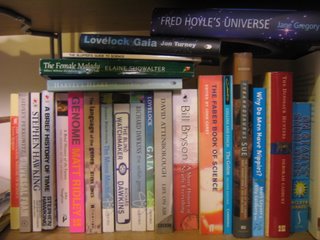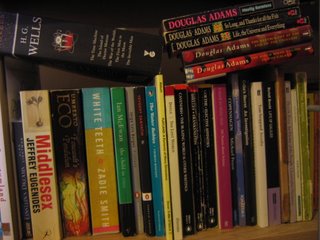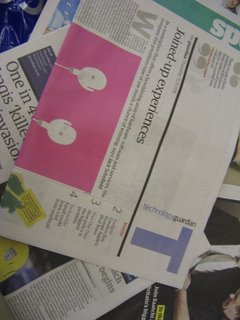news values climate change
The news media is often accused of sensationalism, especially around science issues. A really interesting example of this recently was the IPPR report accusing the media of "climate porn".
But if sensationalism is all the consequence of news values, are the media excused? I think climate change is an interesting case study in this. The IPPR say the sensationalism over climate change is dangerous because the public think it's too late to do anything. But then maybe we need things exaggerated to scare us into small changes. And it's not as if scientific opinion is especially settled over how close we are to environmental armageddon.
Is there a place for sensationalism? If so where? Warning: one of the press release assignments last year was marked down quite severely for being "too sensationalist" (not by me, but you have been warned).
p.s. apologies about the WebCT problems. We've been assured that students just need to advice here and here, and if there are still problems contact IS.






